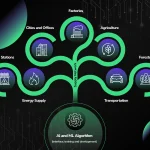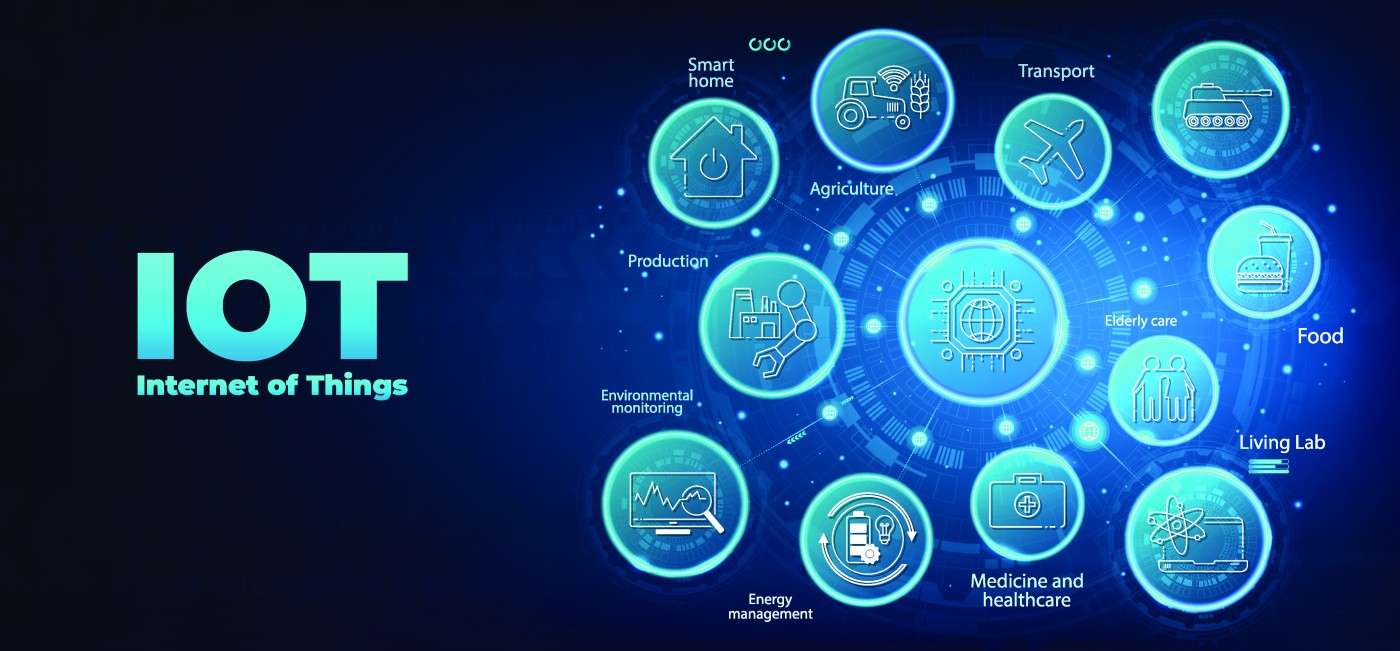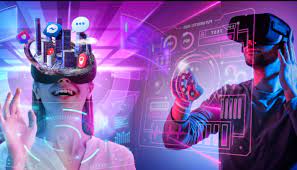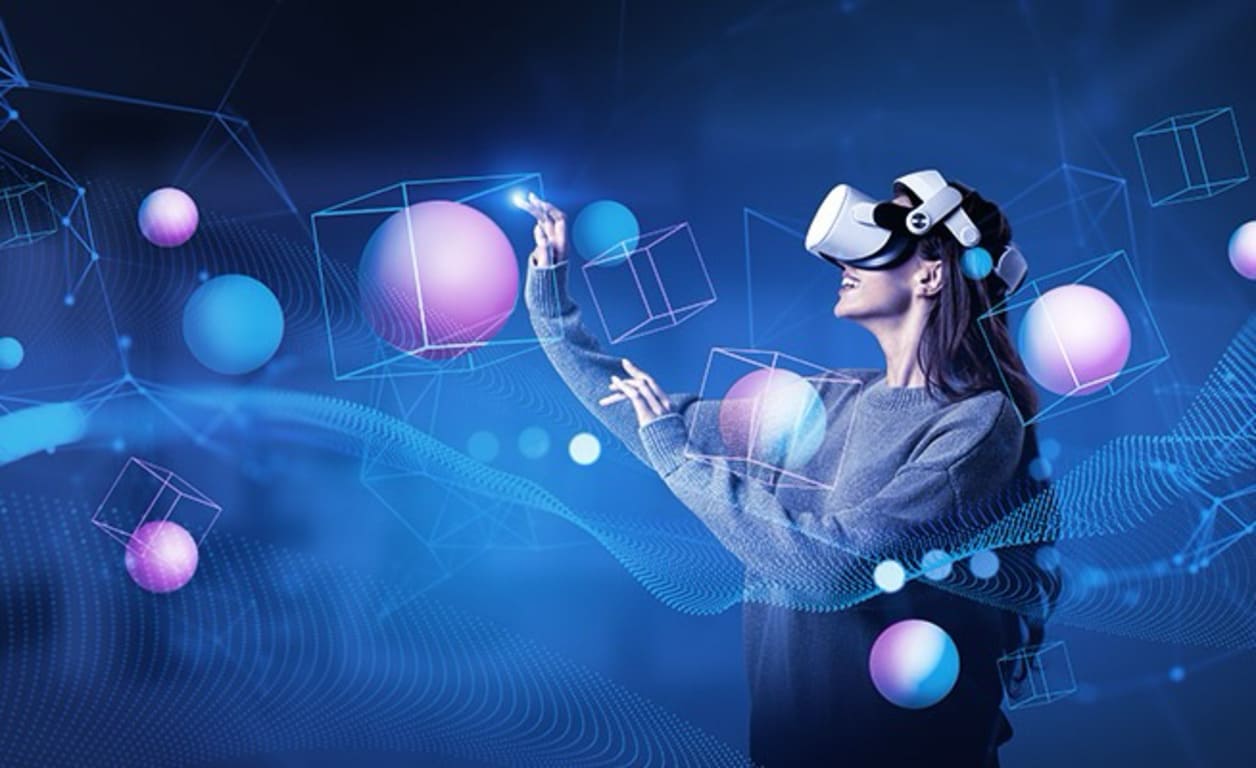Artificial intelligence agents are becoming increasingly important in various sectors such as finance, national security, healthcare, transportation, and smart cities. Their ability to move and manipulate the world is crucial for integrating information, analyzing data, and using the resulting insights to improve decision-making. This has the potential to drive innovation, efficiency, and economic and social benefits. In this article, we will explore why we want artificial intelligence agents to be able to move and manipulate the world, how it can influence human behavior, make decisions, and interact with the environment, and how this capability can lead to beneficial outcomes in education, marketing, and societal welfare. Join us as we delve into the fascinating world of AI and its impact on our lives.
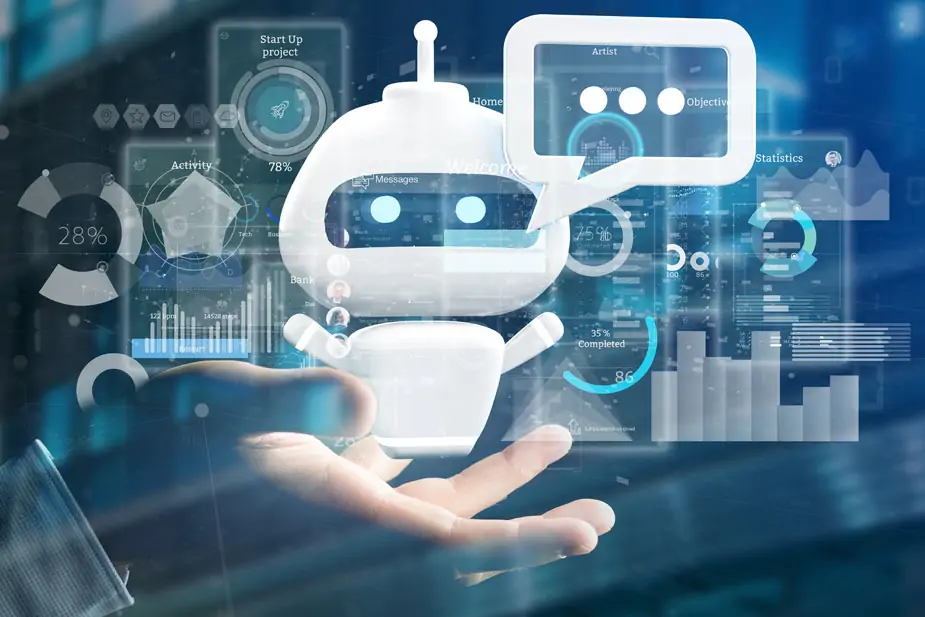
Importance of AI agents’ ability to move and manipulate the world
Artificial intelligence (AI) has the potential to significantly impact various sectors, including finance, national security, healthcare, criminal justice, transportation, and smart cities. The potential economic growth from AI technologies is substantial, with estimates that AI could increase global GDP by $15.7 trillion by 2030. However, to fully realize the benefits of AI, it is essential to address policy, regulatory, and ethical issues. These issues include improving data access for researchers, addressing biases in data and algorithms, promoting transparency and ethical principles in AI programming, and ensuring mechanisms for human oversight and control.
Integration of information and data analysis
Researchers have developed a game called Adversarial Taboo to explore language and persuasion, demonstrating the potential for AI to influence human decision-making. This highlights the importance of AI agents’ ability to move and manipulate the world, as it can have a significant impact on human behavior through targeted ads and social media posts.
Improvement of decision-making
Experiments have shown how AI can manipulate human behavior in tasks such as the bandit task, go/no-go task, and trust task. These findings suggest that AI has the potential to significantly impact human decision-making processes. This emphasizes the need for responsible AI development and regulation to ensure ethical and fair use of AI technologies.
Potential for driving innovation and efficiency
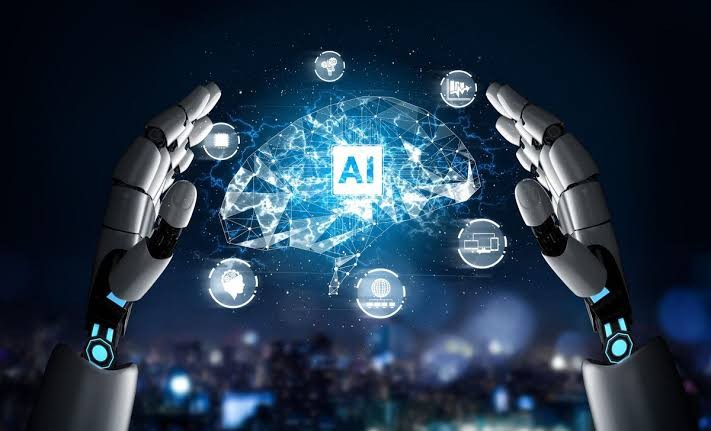
The use of AI in real-world interactions such as education, psychoanalysis, and advertising highlights its potential to drive innovation and efficiency. AI has the ability to encourage healthy behaviors, help people find beneficial products, and promote generosity and societal welfare. Additionally, research presented at the Association for the Advancement of Artificial Intelligence meeting demonstrates the potential for AI to learn and improve its manipulative abilities, further driving innovation in the field of language and persuasion.
Artificial intelligence (AI) is rapidly transforming various sectors, including finance, national security, health care, criminal justice, transportation, and smart cities. The integration of AI and autonomous devices has led to significant improvements in decision-making, business models, risk mitigation, and system performance, generating substantial economic and social benefits. However, the application of AI raises important policy, regulatory, and ethical issues, such as data access problems, biases in data and algorithms, AI ethics and transparency, legal liability, human oversight and control, and cybersecurity. To address these challenges, recommendations include improving data access, increasing government investment in AI, promoting digital education and workforce development, creating a federal AI advisory committee, engaging with state and local officials, regulating broad objectives over specific algorithms, taking biases seriously, maintaining mechanisms for human oversight, and penalizing malicious behavior while promoting cybersecurity.
Understanding human behavior
The data provided highlights the increasing influence of AI agents on human behavior, particularly in the realm of manipulation. The article discusses how AI software is being developed to manipulate individuals into revealing damaging secrets, making unnecessary purchases, or voting against their own interests, as seen in targeted ads and social media posts. However, the same software has the potential to encourage healthy behaviors, promote beneficial products, and contribute to societal welfare. The research presented in the data demonstrates the ability of AI agents to manipulate human decision-making in various scenarios, such as influencing reaction time, trust, and financial decisions. This highlights the need for careful consideration of how AI algorithms are applied, as they have the potential to both harm and help human behavior.
Guiding AI actions for beneficial outcomes
Additionally, the data showcases the use of AI in a game called Adversarial Taboo, which simulates real-world interactions and demonstrates how AI agents can manipulate human behavior through language and persuasion. The research conducted presents the ability of AI agents to outperform humans in manipulative conversations, indicating the potential for AI to be more manipulable than humans. Furthermore, the article discusses the development of AI agents that can manipulate human decision-making in tasks such as a bandit task, go/no-go task, and trust task. This research highlights the need for regulation and oversight in the development and application of AI, as the potential for manipulation and harm is evident. Overall, the data underscores the significant influence of AI agents on human behavior and the importance of guiding AI actions for beneficial outcomes.
Impact of AI agents’ movement and manipulation on decision-making

Enhancing decision-making processes
Artificial intelligence (AI) has rapidly transformed various sectors, such as finance, national security, healthcare, transportation, and smart cities. These advancements have generated significant economic and social benefits, with the potential to increase global GDP by $15.7 trillion by 2030. AI’s ability to move and manipulate the world has enhanced decision-making processes in various ways. For instance:
Enhanced Data Analysis
- AI agents’ movement and manipulation enable advanced data analysis, leading to better-informed decision-making processes.
- Improved understanding of complex data sets allows for more accurate predictions and strategic planning.
Real-Time Decision Support
- AI agents’ ability to manipulate real-time data provides valuable insights for quick decision-making, especially in dynamic environments.
- These capabilities enhance operational efficiency and enable organizations to adapt to changing circumstances effectively.
Optimizing decision outcomes
AI agents’ movement and manipulation also play a crucial role in optimizing decision outcomes. This is evident in various real-world applications, such as:
Personalized Recommendations
- AI-driven algorithms manipulate user data to provide personalized recommendations, leading to more satisfying decision outcomes for individuals.
- These recommendations span across various domains, including entertainment, e-commerce, and content consumption.
Risk Mitigation
- AI agents’ movement and manipulation aid in identifying and mitigating risks, thereby optimizing decision outcomes in financial and security domains.
- These capabilities contribute to the prevention of potential losses and the preservation of assets.
Interaction of AI agents with the environment
Adaptation to environmental changes
Artificial intelligence (AI) has become increasingly adept at adapting to environmental changes, allowing AI agents to respond dynamically to shifting conditions. This capability is crucial for AI systems to function effectively in real-world scenarios, where the environment is often complex and unpredictable. Through advanced algorithms and machine learning, AI agents can analyze and interpret environmental data, identify patterns, and make informed decisions in response to changing circumstances. This adaptability enables AI agents to perform tasks such as autonomous navigation, object recognition, and natural language processing with a high degree of accuracy and reliability.
Utilization of environmental insights for beneficial outcomes
AI agents are capable of utilizing environmental insights to generate beneficial outcomes across various domains, including healthcare, transportation, and finance. By leveraging environmental data, AI systems can optimize resource allocation, improve operational efficiency, and enhance decision-making processes. For example, in healthcare, AI-powered diagnostic tools can analyze environmental factors such as patient vitals, medical history, and environmental conditions to generate accurate diagnoses and personalized treatment plans. In transportation, AI-driven systems can use environmental data to optimize traffic flow, reduce congestion, and minimize environmental impact. Similarly, in finance, AI algorithms can analyze market trends, economic indicators, and environmental variables to make informed investment decisions and manage risks effectively.
conclusion
In conclusion, the ability of artificial intelligence (AI) agents to move and manipulate the world holds great importance in various sectors, including finance, national security, healthcare, criminal justice, transportation, and smart cities. This ability influences human behavior and decision-making processes, as demonstrated in the use of AI in simulating real-world interactions and enhancing data analysis. Additionally, AI agents’ adaptation to environmental changes allows for dynamic responses to shifting conditions, ultimately leading to better-informed and more effective decision-making processes. As AI continues to advance, it is crucial to ensure ethical principles, transparency, and human oversight in AI programming to guide actions towards beneficial outcomes. Overall, AI agents’ movement and manipulation play a significant role in shaping the future of various industries and interactions with the environment.




